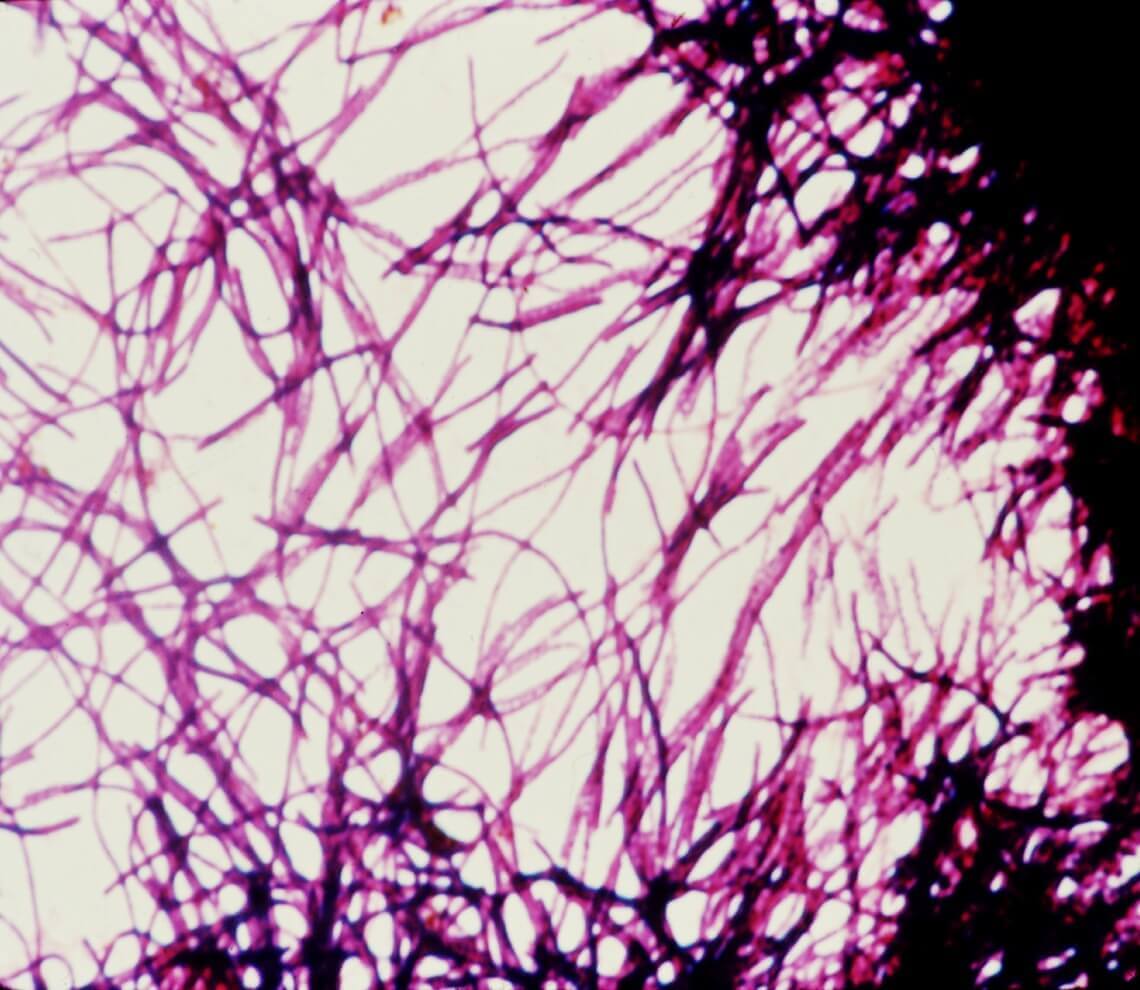- Our Suppliers
- MBS Monoclonals
- Integrin alphaV, beta5 (Azide Free)
Product short description
Price:
663 EUR
Size:
100ug
Catalog no.:
GEN601769
Product detailed description
Concentration
N/A
Immunoglobulin isotype
IgG1
Clone
2Q1009
Source organism
Ascites
Category
Antibodies
Clonality
Monoclonal
Host organism
Mouse (Mus musculus)
Subcategory
Mnoclonal antibodies
Gene name
ITGB5; ITGB5; N/A; N/A
Gene name synonims
ITGB5; ITGB5; N/A; N/A
Other gene names
ITGB5; ITGB5; N/A; N/A
Also known as
Integrin alphaV, beta5
Form/Appearance
Supplied as a liquid in PBS. No preservative added.
Purification method
Affinity Purified by Protein A affinity chromatography.
Other names
integrin beta-5; Integrin beta-5; integrin beta-5; integrin, beta 5; N/A
Tested applications:
ELISA (EL/EIA), Immunoprecipitation (IP), Immunohistochemistry (IHC), Immunocytochemistry (ICC), Flow Cytometry (FC/FACS)
Species reactivity
Chicken, Human (Homo sapiens); Due to limited knowledge and inability for testing each and every species, the reactivity of the antibody may extend to other species which are not listed hereby.
Specificity and cross-reactivity
Recognizes human integrin aVb5. Species Crossreactivity: chicken.; Since it is not possible to test each and every species our knowledge on the corss reactivity of the antibodies is limited. This particular antibody might cross react with speacies outside of the listed ones.
Description
Sodium azide NaN3 is often used to prevent antibody degradation in 0,02% W/V concentrations. MBS Monoclonals supplies azide free antibodies on request.Recently MBS Monoclonals made this Integrin alphaV, beta5 ( ) available without azide. It will stick less and is more suitable for ELISA or in vivo studies. However you need to store the @VV@ frozen and ship on dry ice.
Storage and shipping
Store the antibody at +4 degrees Celsius for short term storage.. Long-term storage should be done after aliquoting the antibody and freezing the aliqotes at -20 degrees Celsius. Under these conditions the aliquots will be stable for at least one year if kept at -20 °C. For maximum recovery of product, centrifuge the original vial after thawing and prior to removing the cap. Further dilutions can be made in assay buffer.
© Copyright 2016-Tech News . Design by: uiCookies

